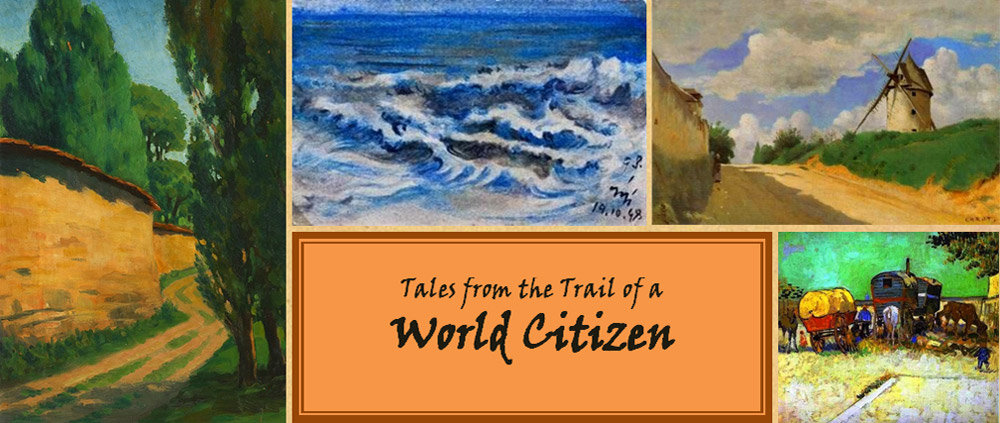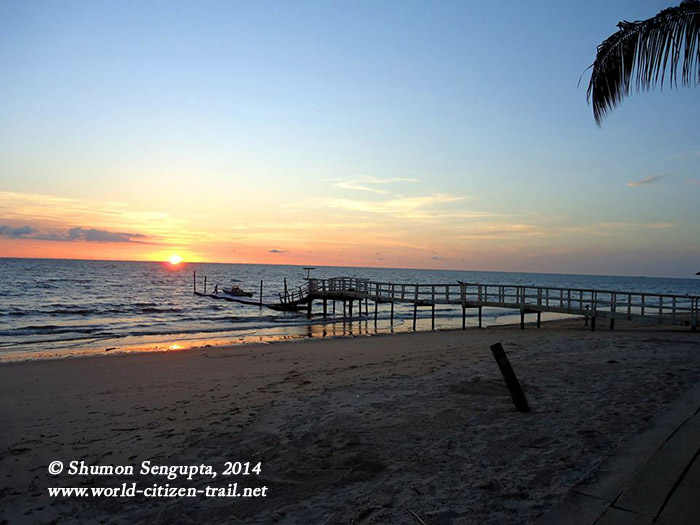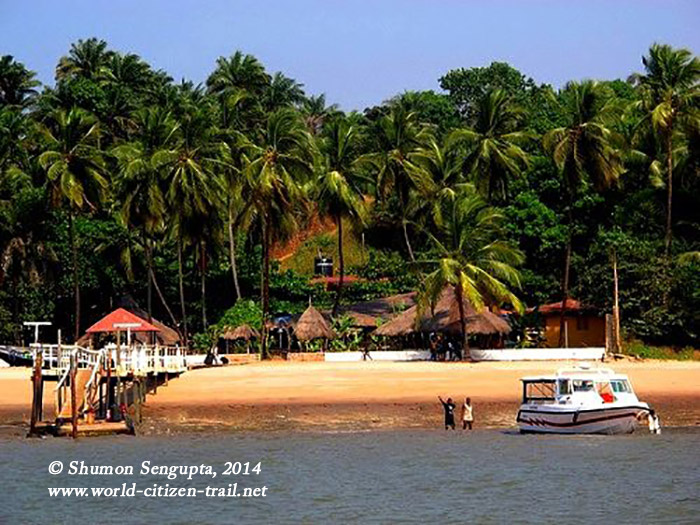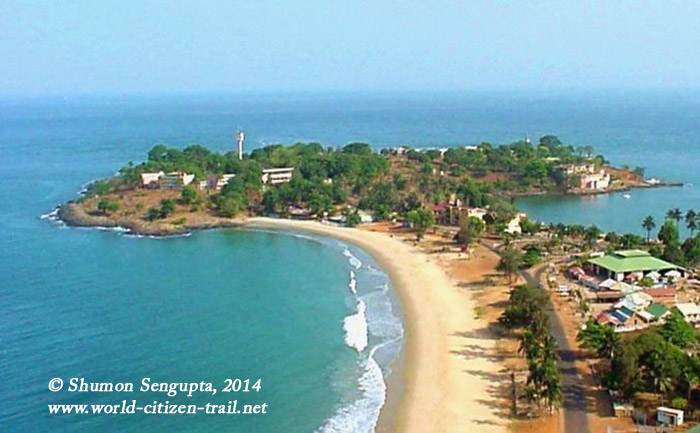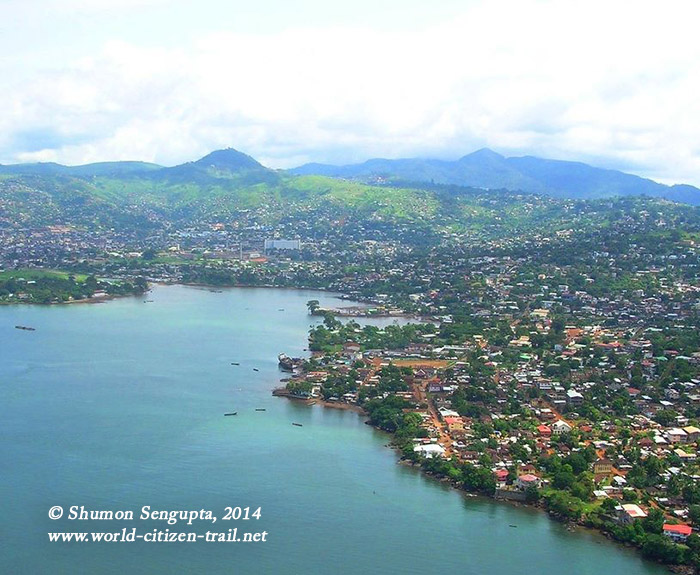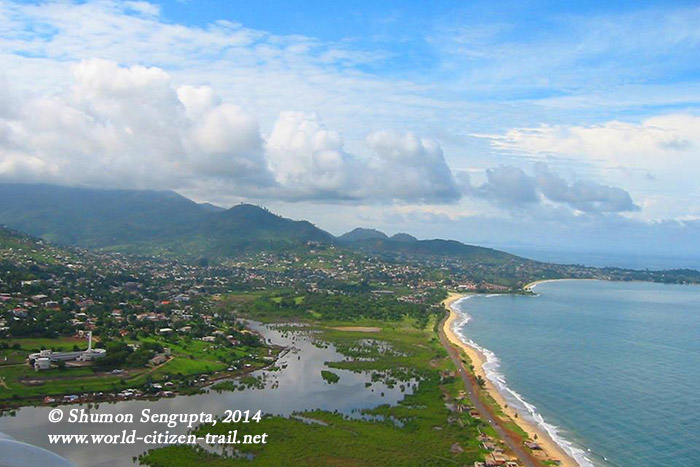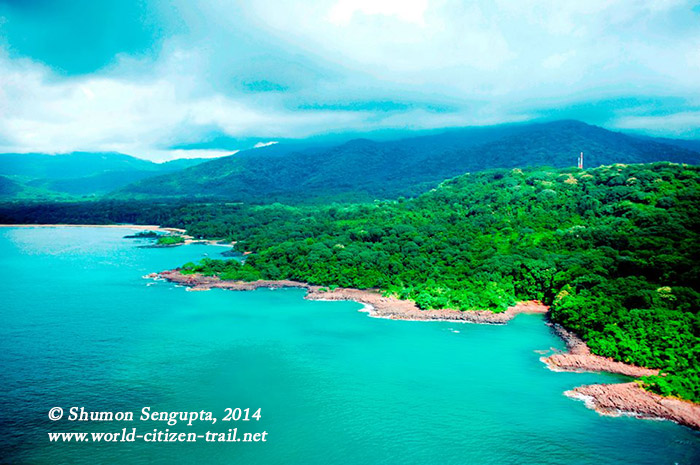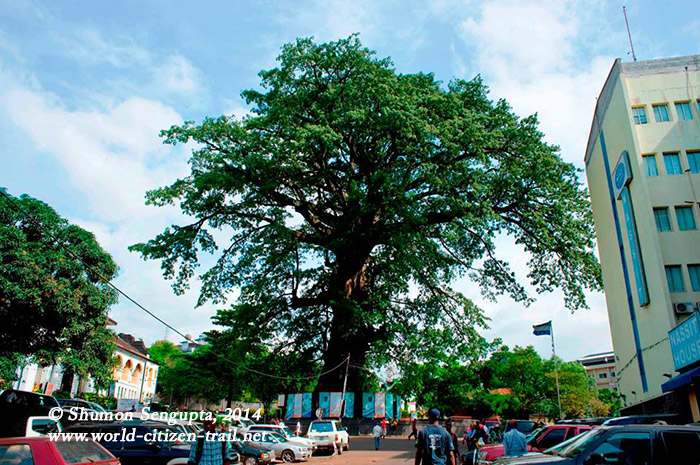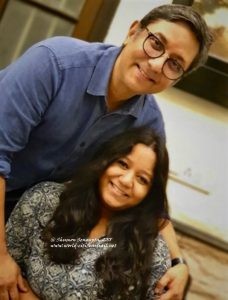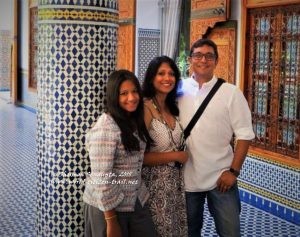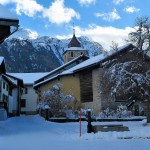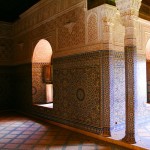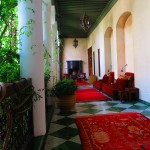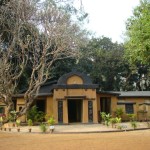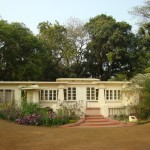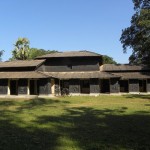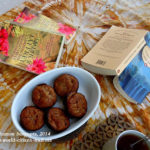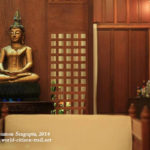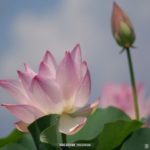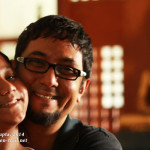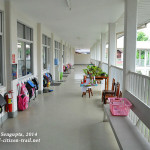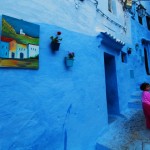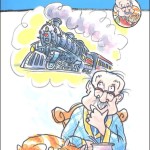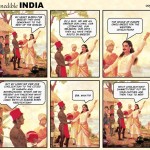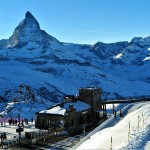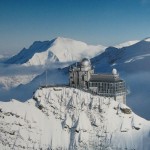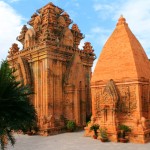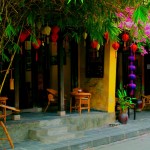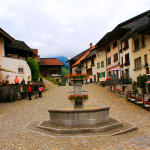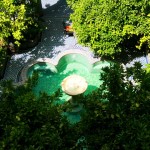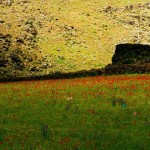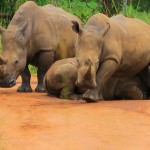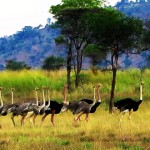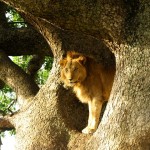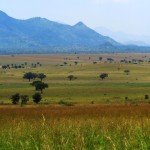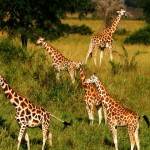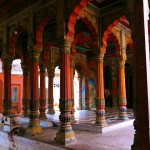After working in Asia for over two decades, I was moving on from the beautiful land-locked country of Laos to Sierra Leone in the west coast of Africa on a new and exciting assignment. I spent a month in between assignments in India and part of that was getting a series of vaccines in preparation to West Africa. I was also mentally preparing myself for a tectonic shift in my lifestyle.
In the meantime, I had done my homework on Sierra Leone, ploughing through as many travel books I could lay my hands on. I learnt about the geography, people, culture, food, places to stay, places to visit etc and even looked up the CIA fact book on Sierra Leone on the net. I also spoke to friends and colleagues who had either visited or lived in the country before and from all the good, bad, beautiful and ugly experiences that people related, it was clear that Sierra Leone was going to be a challenging and exciting place – not a place where I was going to get bored easily.
Of course I had also heard about the blood diamonds, the decade long brutal civil war and how the war had ended.
Before arriving in Freetown, I had spent a week in Tanzania and another in Ghana. So I did have a fair introduction to the continent in general before I set foot on Sierra Leone. However none of that had prepared me for the first and simplest thing all visitors / foreigners have to experience – the journey from the airport to the city.
Defying all good practice in town planning and for reasons not known to any, the airport (Lungi International Airport) serving Freetown is located on the opposite side of the city, across a broad, deep and rough estuary, at the mouth of the giant Sierra Leone River and there is no decent transport link between the airport and the city. From May to October the water often gets very rough and the crossing becomes dangerous. With many flights arriving in the evening, crossing over to Freetown becomes a grand mission with its full complement of dangers, uncertainties, excitement and adventure.
Flying from Accra (Ghana), my plane landed in Lungi airport around 4 in the afternoon. In south Asia, the term Lungi stands for the ubiquitous unstitched wrap-around / sarong that men wear and true to its south Asian meaning, Lungi Airport is basic, functional, modest, without any frills and pretensions and most likely to give away at a tug.
After clearing immigration and showing my yellow fever vaccination certificate, I grabbed a trolley, collected my luggage from the carousal and proceeded towards the exit, when I was stopped by customs and asked to place my luggage on the table and open it for examination. Masking my frustration, I smiled at the customs official and proceeded to open my suitcase. I was not sure if my smile had some effect; the customs official got talking and asked me which country I was from and what my business was in Sierra Leone. I told him I was from India and was on my way to taking up my new assignment as the new Country Director for Marie Stopes Sierra Leone.
The customs official, who was till then behaving in a rather imperious manner, suddenly relaxed, his face brightened and he exclaimed “Country Director of Marie Stopes .. how wonderful!” He shook my hand and added “My daughter had her baby at your hospital and she is very happy with the service Marie Stopes provides”. Then as I proceed to open my suitcase, he says “Oh Marie Stopes! …You don’t have to open your luggage. Please proceed and welcome to Sierra Leone!”
What an awesome welcome indeed I though! I knew right then that I was in the right place and in the right job. And this time, I shook his hand eagerly.
From there, I stepped into a sea of chaos – of noise and confusion caused by porters and helpers falling over each other to offer some sort of assistance, expecting a tip in return. After getting out of the airport building, I proceeded to the right, gently shrugging off eager offers of help by local guys. I reached the totally chaotic counter of the speed boat service to buy my ticket (USD 40) for the journey to Freetown. Well since I am from India, I am not new to chaos and indiscipline. So I took to it like duck to water.
I was given three tags for my luggage; my luggage was tagged and hauled into a waiting van. I was asked to get into the nearby mini bus and told that I should hold on to my luggage tags so that that I can claim my luggage at the Jetty in Freetown after I crossed over. I complied and got into a packed mini bus, feeling like a sardine in a tin of sardines.
Located by the estuary, Lungi airport is surrounded by forests and it felt like being transported into one of the Phantom adventure comics I read avidly as a kid. A short bumpy mini-bus journey through the forests over rough unpaved, undulating roads took me to the jetty on the beach, at edge of the estuary. The estuary had to be crossed in an inflatable speedboat to reach Freetown nestled over the hills across. The material conditions of my surroundings were modest but I was in august company. The motley group of my fellow travellers included the deputy Finance Minister of Sierra Leone, a missionary, an executive of a British mining company, an employee of UNDP, an employee of World Vision, a Nigerian and a Lebanese businessman.
It was raining and the skies had darkened. Over the next half an hour, our speedboat sped over the vast choppy waters of the estuary — at times flying over the edge of large, menacing waves and then landing with a big thud, splashing water all over. A storm had picked up, it was getting dark and along with thunder, lightning and rain, it felt more like a trip to an adventure holiday rather than a journey to my place of posting. The fact that we were all in lifejackets did little to drown the rising fear.
On getting off at the jetty in Freetown and in fading daylight, the city appeared more like a gentrified shanty town – a decrepit war ravaged place, gradually coming out of its past trauma. Scenes of hardship, struggle and poverty were visible although people appeared happy and cheerful. In this sense, the city wasn’t very different from many south Asian towns.
On the other hand, Sierra Leone is a beautiful country and Freetown has a unique location. It is located on a peninsula, jutting out from the mainland of Sierra Leone. It is one of the few parts of coastal Africa and the only part of West Africa where mountains rise spectacularly from the sea. This gives the Freetown peninsula and Freetown city a unique landscape. One side of the peninsula is the giant estuary of the Sierra Leone River, which gives it the deepest natural harbours in West Africa. This has long made it an important trading and refuelling stop-offs. The city itself is situated at the northern tip of the Freetown peninsula, facing the Atlantic head on.
The Republic of Sierra Leone has been a successful democracy since the last 10 years. Geographically, the country covers a total area of 71,740 square km and has a population of around 6 million people belonging to different tribes. The swampy coastal plain has long expanses of pristine beaches and mangrove forests backed by a wooded upland region. The interior plateau has a diverse topography, ranging from the savannah grassland to undulating forest. With lush forests, rivers, estuary, hills, islands, the sea and probably the best beaches in west Africa, Sierra Leone is a country of breathtaking beauty and charm. Moreover, Sierra Leoneans are very friendly and warm people.
I crossed over to Freetown safely with a sense of excitement and anticipation and with that, I crossed over to a very interesting chapter of my life, rife with new challenges, adventures, surprises and delights. I welcome you to take glimpses of this chapter as the pages turn one by one in my subsequent posts on Sierra Leone.
